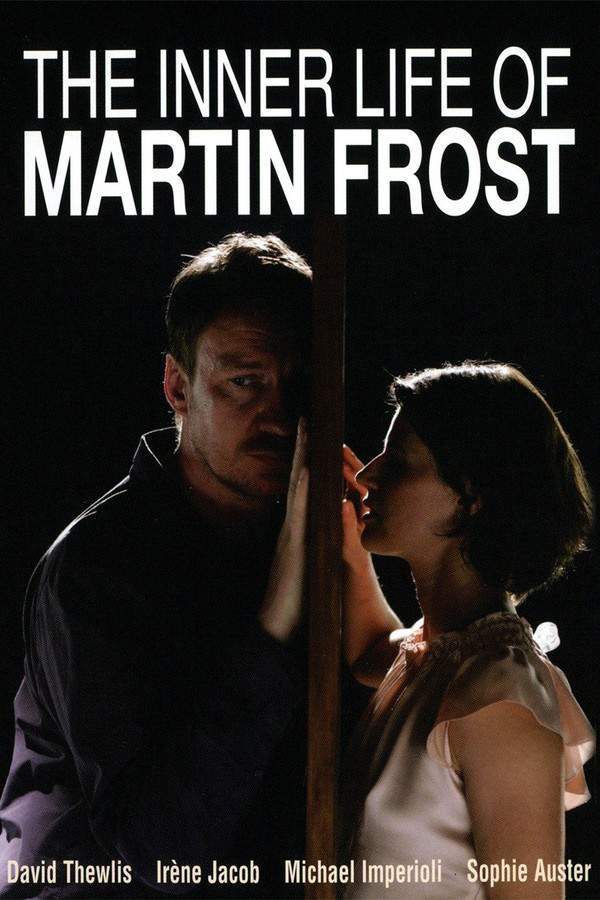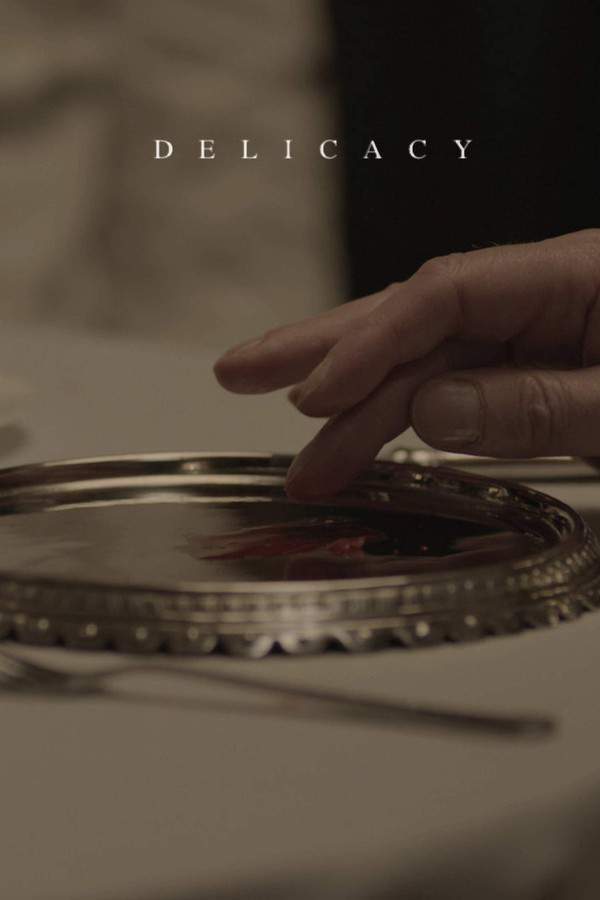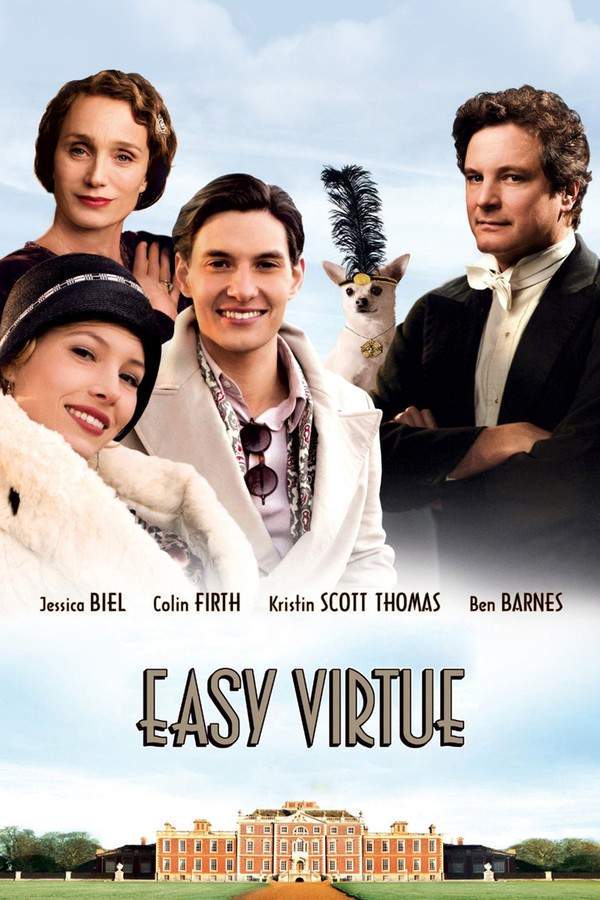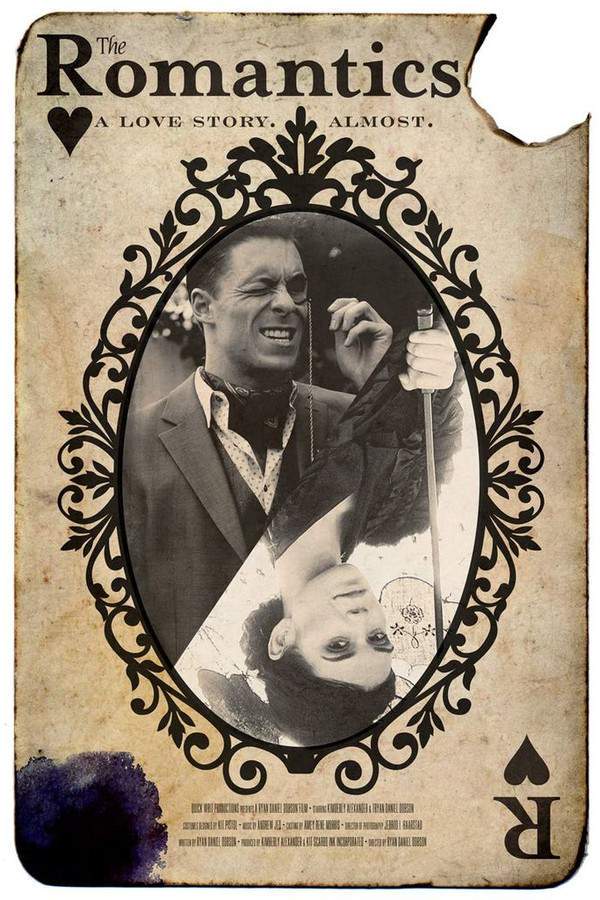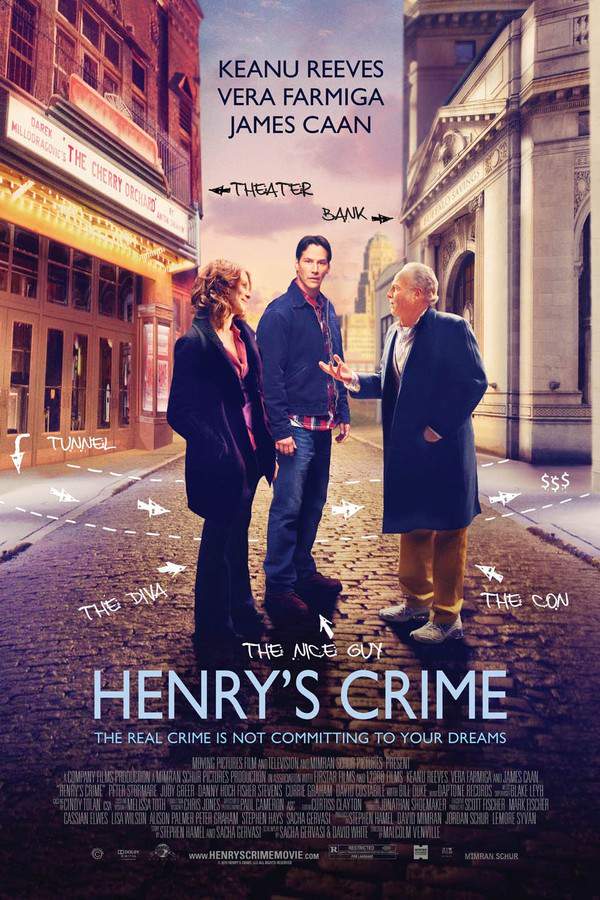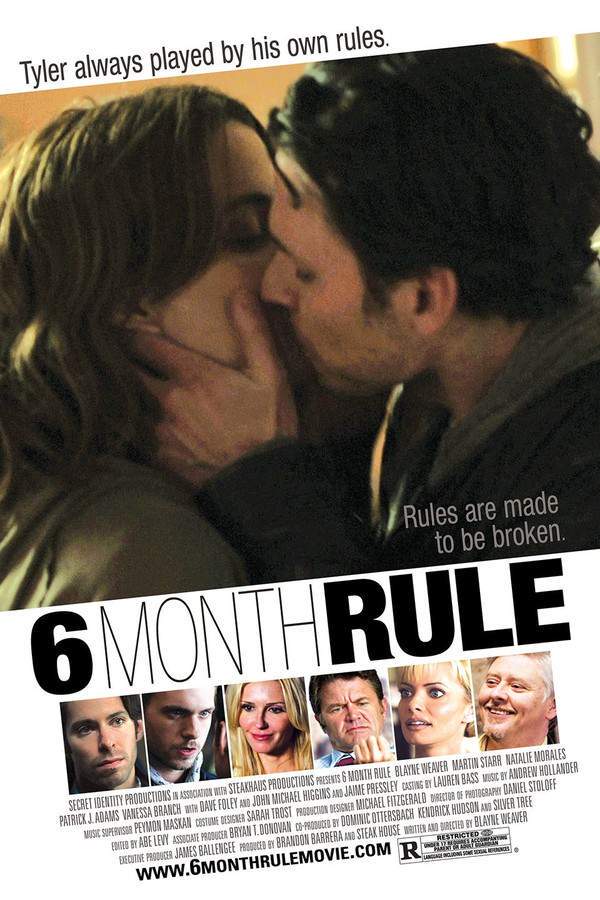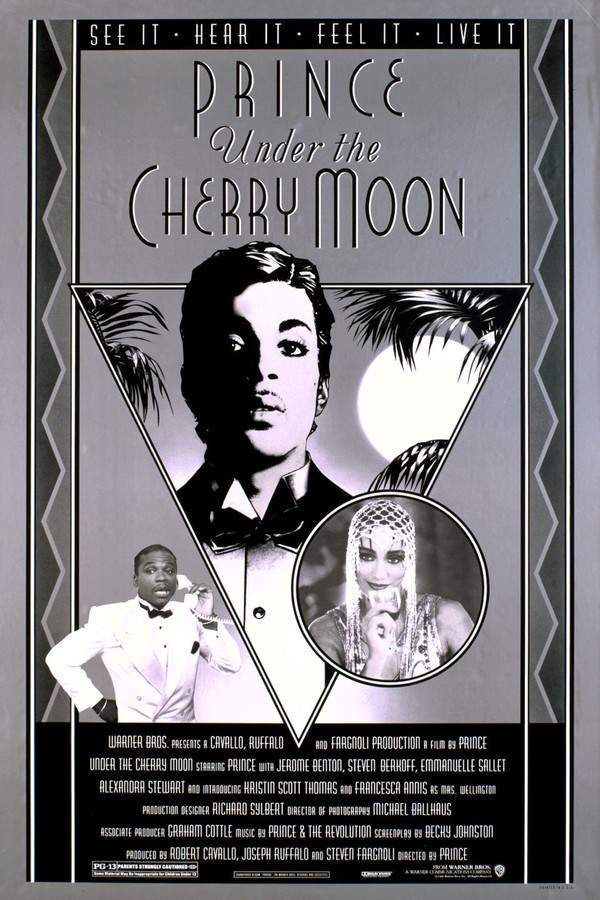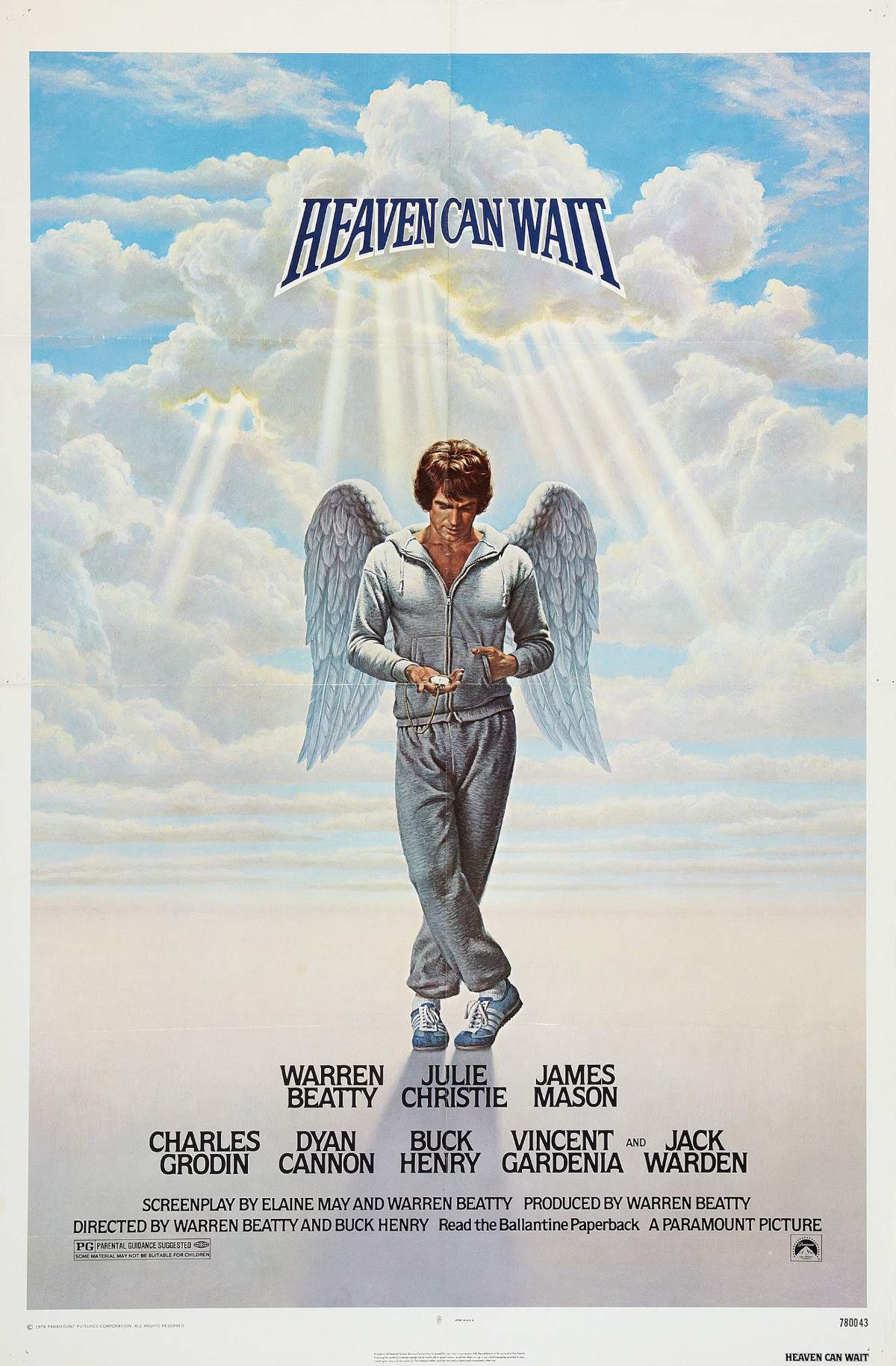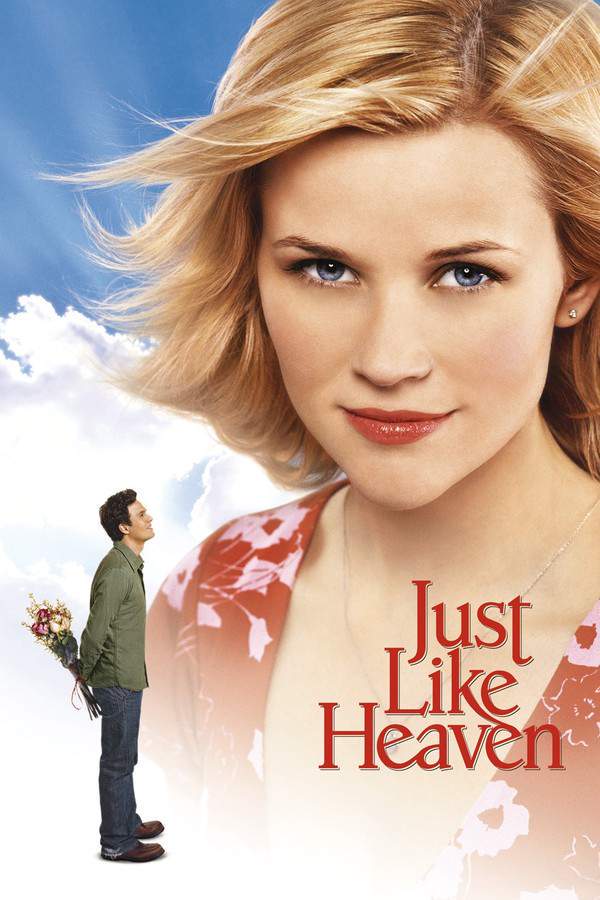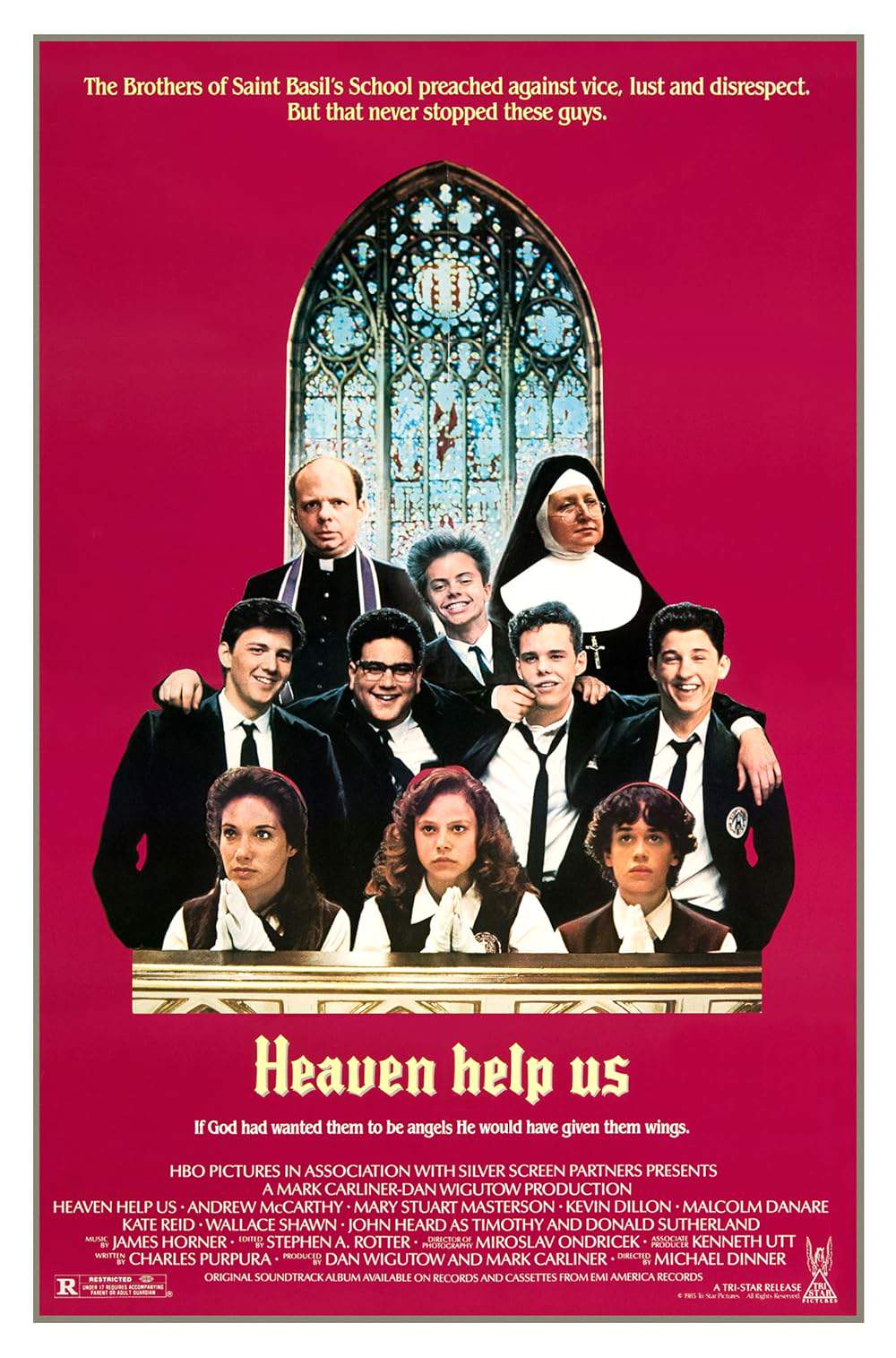
Heaven Can Wait
Year: 1943
Runtime: 112 mins
Language: English
Director: Ernst Lubitsch
He lives by a creed of love, honor, and obedience, but the decadent playboy Henry van Cleve dies and finds himself at Hell’s gates, convinced he belongs there. The devil doubts his worthiness. Henry reviews his life—his lavish excesses, a 25‑year marriage to Martha, and a moment of infidelity—hoping that a higher authority will deliver a fair judgment.
Warning: spoilers below!
Haven’t seen Heaven Can Wait yet? This summary contains major spoilers. Bookmark the page, watch the movie, and come back for the full breakdown. If you're ready, scroll on and relive the story!
Heaven Can Wait (1943) – Full Plot Summary & Ending Explained
Read the complete plot breakdown of Heaven Can Wait (1943), including all key story events, major twists, and the ending explained in detail. Discover what really happened—and what it all means.
An aged Henry Van Cleve Don Ameche enters the opulent reception area of the afterlife, a grand hall where many souls have been told to go, and is personally greeted by a stern figure known as His Excellency. He asks to be admitted, fully aware of the life he has led, and begins to tell the story that might justify his place beyond the doors. The tale unfolds with a calm, candid voice, turning a private life into a public verdict as if the very act of recounting could tilt the scales of judgment in his favor.
Born in Manhattan on October 25, 1872, Henry is the spoiled only child of Randolph Van Cleve Louis Calhern and Bertha Van Cleve Spring Byington. From the start, the family atmosphere is all about appearances and rules, but Henry’s grandfather Hugo Van Cleve Charles Coburn, a self-made millionaire, sees through the pretenses and tries to understand the young man beneath the surface. The contrast between the old man’s shrewd practicality and the parents’ conventional expectations sets the stage for Henry’s oscillation between charm and recklessness. The world around him feels too small for his appetites, and the lure of showgirls and bright lights only heightens his sense of entitlement and danger.
As a youth, Henry grows into an idle, pleasure-loving figure who tests boundaries with a mixture of roguish wit and genuine charm. He encounters a mysterious, captivating woman in a moment of everyday luck—an ordinary phone call on a public line reveals a more extraordinary possibility. He follows the woman into a Brentano’s bookstore, improvising as an employee to get closer, and discovers she is already engaged to someone else. That woman turns out to be Martha Strabel Van Cleve Gene Tierney, the daughter of the feuding Strabel family. Martha’s first arrival into his life is marked by a reckless impulse, and Henry’s audacity clashes with the realities of family honor. Martha’s cousin Albert Van Cleve Allyn Joslyn has proposed to her as well, and the pair’s burgeoning romance culminates in a bold elopement engineered by Henry, much to the shock of the Strables and the larger family circle. Yet Grandpa Hugo Van Cleve’s quiet approval suggests a path to legitimacy even in the face of scandal.
The plan succeeds in more ways than one: Henry and Martha marry and become the proud parents of a son, a bright new life that momentarily seems to redeem their earlier transgressions. The marriage endures for a decade, but the surface happiness cracks when Martha confronts rumors of Henry’s ongoing dalliances. Henry, with a blend of stubborn pride and gallant stubbornness, follows her to the Strabel home, where the couple is confronted with the family’s disapproval. He pleads for forgiveness, and in a dramatic moment, convinces her to elope a second time, a decision that Grandpa Van Cleve greets with a wry, knowing smile. The family dynamic—Martha’s defiance, Henry’s charm, and Hugo’s quiet support—has altered but not ended the tension between desire and duty.
Fifteen years pass, and Henry’s life takes another turn when he meets Peggy Nash Helene Reynolds in her dressing room just before a performance. Peggy is a chorus girl with a keen eye for the complexities of love and loyalty, and she becomes entangled in a plan that touches the next generation of the Van Cleves. Henry’s attempt to steer his son Jack Van Cleve Tod Andrews away from Peggy reveals the layered web of affection, obligation, and rupture that threads through the family. When Peggy learns Henry’s true identity, a price is exacted—$25,000, a staggering sum in today’s terms—an act that further complicates the already delicate balance between love and duty. Jack, who ultimately seems relieved to be freed from a burden he did not seek, walks away from Peggy with a cool pragmatism that echoes the film’s broader meditation on happiness, forgiveness, and the true cost of keeping appearances.
Martha dies not long after their twenty-fifth anniversary, leaving Henry to navigate a social life that creeps back into his routine with a resurgent ease and a renewed sense of independence. He carries on with the same poise that has defined so much of his life, entertaining and socializing with an ease that would have once scandalized his younger self. On October 26, 1942, the day after his seventy-second birthday, Henry dies while under the care of a nurse, his passing marked by a dreamlike premonition of a nurse’s visit and the soft, almost ceremonial exit that seems to predict the afterlife’s verdict.
After Henry’s long confession, His Excellency renders a final, somber judgment: he is denied entry to the seats reserved for the righteous and the reconciled. Instead, he is urged to seek the “other place,” a hint that Martha and his grandfather Hugo Van Cleve wait in a different corner of existence for him, perhaps in a small room vacant in the annex. The film closes on this ambiguous note, leaving viewers with a lingering sense of life’s moral ambiguity—how a person’s choices, even those made with love and wit, ripple outward and shape what comes after.
What unfolds is a meticulously crafted blend of wit, sentiment, and sly social satire. The storytelling voice remains steady and humane, never demonizing Henry for his flaws, yet never excusing them entirely either. The film invites audiences to reflect on the pleasures and temptations of youth, the pressures of family reputation, and the paradoxical hope that forgiveness and belonging might exist beyond the gates we all imagine as final. Through Henry’s reminiscence, the viewer is given a portrait of a man who lived boldly, loved deeply, and learned, perhaps too late, what it would mean to truly belong.
Last Updated: October 07, 2025 at 09:52
Explore Movie Threads
Discover curated groups of movies connected by mood, themes, and story style. Browse collections built around emotion, atmosphere, and narrative focus to easily find films that match what you feel like watching right now.
Movies with afterlife judgments like Heaven Can Wait
Stories where characters face a cosmic review of their life's choices.If you enjoyed the reflective journey and celestial court in Heaven Can Wait, you'll appreciate these movies. This collection features films where characters face a judgment or review of their lives, leading to bittersweet, thought-provoking narratives that explore themes of love, regret, and redemption in a similar tone.
Narrative Summary
Narratives typically begin at the endpoint—death or near-death—and use flashbacks to reconstruct a character's life. The central conflict is an internal, moral one, as the protagonist and a celestial arbiter debate the worth of their earthly existence, often leading to an ambiguous or nuanced conclusion.
Why These Movies?
Movies are grouped here for their shared supernatural premise of post-mortem judgment and their focus on a reflective, character-driven story structure. They share a mix of witty charm and somber sentimentality, using a steady pace to explore complex themes of morality and memory.
Movies about charming rogues like the protagonist in Heaven Can Wait
Affectionate portraits of lovable scoundrels navigating society's expectations.Fans of Henry van Cleve's charismatic and flawed nature in Heaven Can Wait will find more to love here. Discover films featuring charming scoundrels whose lives are a mix of romance, wit, and gentle social satire, all exploring the tension between personal happiness and family or societal expectations.
Narrative Summary
The narrative follows a charismatic central character who challenges or ignores social mores, often through a series of episodic escapades or a long-term relationship. The conflict arises from the clash between their irresistible personality and the consequences of their actions, leading to a story that is both critical and fond of its hero.
Why These Movies?
These movies are connected by their focus on a specific character archetype—the charming, flawed individual—and a tone that mixes romantic comedy with sophisticated social satire. They share a steady, conversational pacing and a medium emotional weight, finding humor and heart in moral complexity.
Unlock the Full Story of Heaven Can Wait
Don't stop at just watching — explore Heaven Can Wait in full detail. From the complete plot summary and scene-by-scene timeline to character breakdowns, thematic analysis, and a deep dive into the ending — every page helps you truly understand what Heaven Can Wait is all about. Plus, discover what's next after the movie.
Heaven Can Wait Timeline
Track the full timeline of Heaven Can Wait with every major event arranged chronologically. Perfect for decoding non-linear storytelling, flashbacks, or parallel narratives with a clear scene-by-scene breakdown.

Characters, Settings & Themes in Heaven Can Wait
Discover the characters, locations, and core themes that shape Heaven Can Wait. Get insights into symbolic elements, setting significance, and deeper narrative meaning — ideal for thematic analysis and movie breakdowns.

Heaven Can Wait Spoiler-Free Summary
Get a quick, spoiler-free overview of Heaven Can Wait that covers the main plot points and key details without revealing any major twists or spoilers. Perfect for those who want to know what to expect before diving in.

More About Heaven Can Wait
Visit What's After the Movie to explore more about Heaven Can Wait: box office results, cast and crew info, production details, post-credit scenes, and external links — all in one place for movie fans and researchers.

Similar Movies to Heaven Can Wait
Discover movies like Heaven Can Wait that share similar genres, themes, and storytelling elements. Whether you’re drawn to the atmosphere, character arcs, or plot structure, these curated recommendations will help you explore more films you’ll love.
Explore More About Movie Heaven Can Wait
Heaven Can Wait (1943) Scene-by-Scene Movie Timeline
Heaven Can Wait (1943) Movie Characters, Themes & Settings
Heaven Can Wait (1943) Spoiler-Free Summary & Key Flow
Movies Like Heaven Can Wait – Similar Titles You’ll Enjoy
Heaven (2002) Film Overview & Timeline
Heaven Can Wait (1978) Story Summary & Characters
Just Like Heaven (2005) Movie Recap & Themes
Heaven Help Us (1985) Movie Recap & Themes
One Hell of a Guy (2000) Complete Plot Breakdown
The Devil and Max Devlin (1981) Movie Recap & Themes
Made in Heaven (1987) Detailed Story Recap
Heaven (2020) Complete Plot Breakdown
Getting Into Heaven (1970) Film Overview & Timeline
For Heaven’s Sake (1950) Plot Summary & Ending Explained
Heaven Only Knows (1947) Film Overview & Timeline
Angel on My Shoulder (1946) Movie Recap & Themes
Heaven on Earth (1935) Movie Recap & Themes
Heaven Sent (1994) Spoiler-Packed Plot Recap
For Heaven’s Sake (1926) Complete Plot Breakdown



